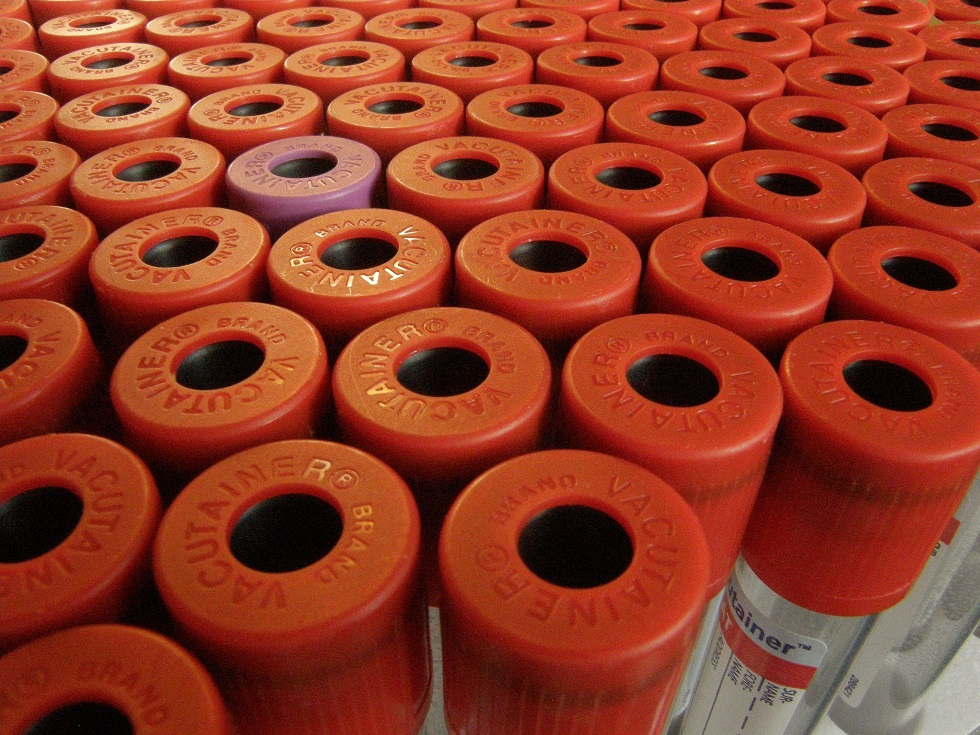Tests available include:
- Electrolyte assessment
- ACTH stimulation test
Dogs
Primary hypoadrenocorticism (or classical Addison’s disease) is a relatively uncommon but important disease of dogs. There is destruction of the adrenal gland leading to deficiency of both minerocorticoids and glucocorticoids. The clinical signs can be non-specific and while the first clue that this disease is present is often an alteration in the sodium potassium ratio, some cases may be atypical and hyperkalaemia and hyponatraemia are not always present.
Other clinicopathological findings that may be present include hypoglycaemia, hypercalcaemia, hyperphosphataemia, mild nonregenerative anaemia, lymphocytosis, eosinophilia, prerenal azotaemia and dilute urine.
ACTH STIMULATION TEST:
The diagnosis of hypoadrenocorticism is confirmed with an ACTH stimulation test.
In hypoadrenocorticism baseline cortisol levels are usually <28 nmol/L and post-ACTH values are <28nmol/L.
As the electrolyte changes often present in these dogs can be life threatening and the stimulation test must be carried out before any treatment can be given, it is advisable to have Synacthen available at all times in the clinic. Note that steroid usage will impact on the results of the ACTH stimulation test making it difficult to interpret, but a single dose of dexamethasone may be used in life threatening situations.
Secondary hypoadrenocorticism occurs when there is a lack of ACTH secretion by the pituitary gland resulting in low serum cortisol concentrations and clinical signs are related to the low cortisol. Electrolyte concentrations will be normal because aldosterone secretion is usually not affected. An ACTH stimulation test will show a low baseline serum cortisol concentration and minimal response.
MONITORING A DOG WITH HYPOADRENOCORTICISM
The monitoring of these animals focuses on the electrolytes and the aim is to adjust the mineralocorticoid (Florinef or Zycortal) dose to get [Na] and [K] within the reference interval. There will be a percentage of dogs for which this can never be achieved despite increasing the dose and these need to be assessed on clinical signs.
There is no value in repeating ACTH stimulation tests as they will not regain adrenal function and there are no tests to assess the requirements for prednisolone. Cortisol levels will be artefactually elevated as there is cross reaction with prednisolone but this is not biologically equivalent and cannot be used to assess adequacy of glucocorticoid therapy. The aim is to find the lowest prednisolone dose that prevents signs of insufficiency such as lethargy, anorexia, vomiting and diarrhoea.
Cats
Hypoadrenocorticism is a rare disease in cats. The same ACTH protocol is recommended.

